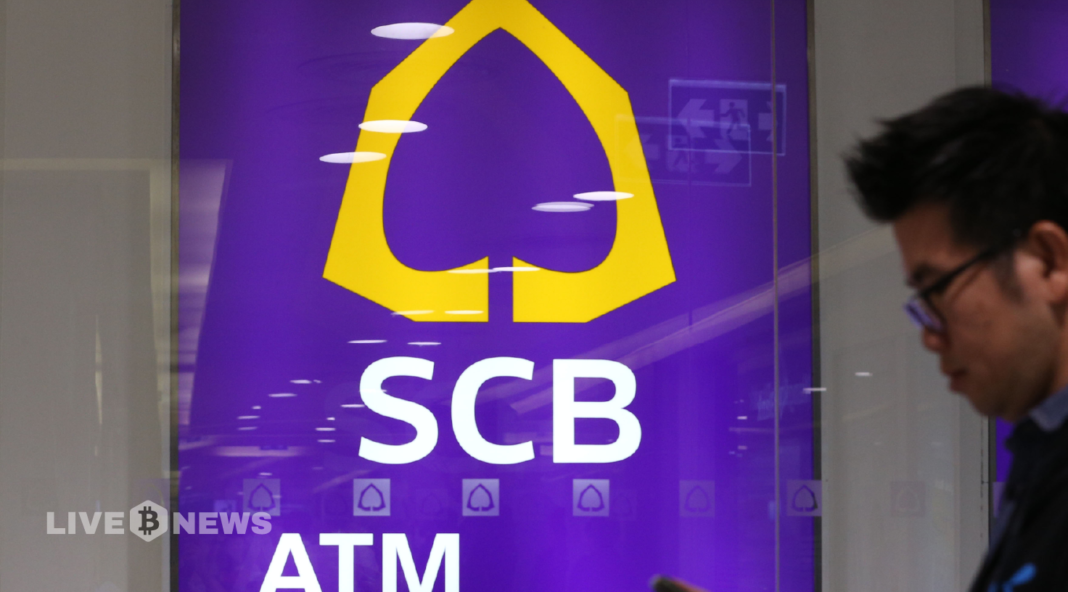SCB launches Thailand’s first stablecoin-based cross-border payment service, improving efficiency, lowering costs, and enhancing remittances globally.
Siam Commercial Bank (SCB), Thailand’s fourth-largest and oldest bank, has made history by becoming the first financial institution in the country to offer stablecoin-based cross-border payments and remittance services, as reported by Nikkei Asia on October 16.
The bank has launched this service by collaborating with Lightnet, a fintech firm. It aims to lower transaction charges and increase the efficiency of cross-border payments for its clients. This stablecoin-based payment system will enable SCB customers to send and receive payments at any time.
Before the service, SCB piloted the service in the Bank of Thailand’s digital asset sandbox environment. This trial was necessary to guarantee that the platform complied with all necessary regulations for the future while still leaving room for development and evolution. The success of this test proves that SCB is determined to deliver creative financial services that fit in the new Thailand’s digital economy.
SCB Stablecoin Payments Address High Cross-Border Remittance Costs
Stablecoins for remittances could revolutionalise how money is sent across borders especially in areas with restricted banking. In many countries, the cost of remitting money is relatively high, and even the banking systems in these areas do not suffice for the people. Cross border payments have been known to present such challenges and SCB’s new service addresses all these by providing quick, inexpensive and efficient cross-border payments.
Some of the new cryptocurrencies that have received global recognition are stablecoins. These are an anchor to other stable assets such as the US dollar. According to Chainalysis’ recent global adoption report, stablecoins are increasingly used in cross-border payments, especially in countries with volatile currencies. For instance, many nations, including Brazil, Nigeria, and India, use stablecoins as a more stable form of currency than their own.
In Sub-Saharan Africa, stablecoins account for 43% of all crypto market transactions. They are most important for remittances and trade options. Nigeria is among the largest adopters of stablecoins and has been using them to hedge against the local currency.
However, there are risks involved as well. Market analysts warn of so-called “crypto-dollarization,” which means that local currencies may decline in value as more stablecoins are used. However, more than 70% of respondents expect to increase their stablecoin adoption further in 2022. This growing trend is driven by the speed, efficiency, and accessibility stablecoins provide for cross-border payments and remittances.
Ultimately, SCB’s decision to adopt stablecoin payments places it at the forefront of Thailand’s financial sector. It also aligns with the increasing role of blockchain technology in global finance.



